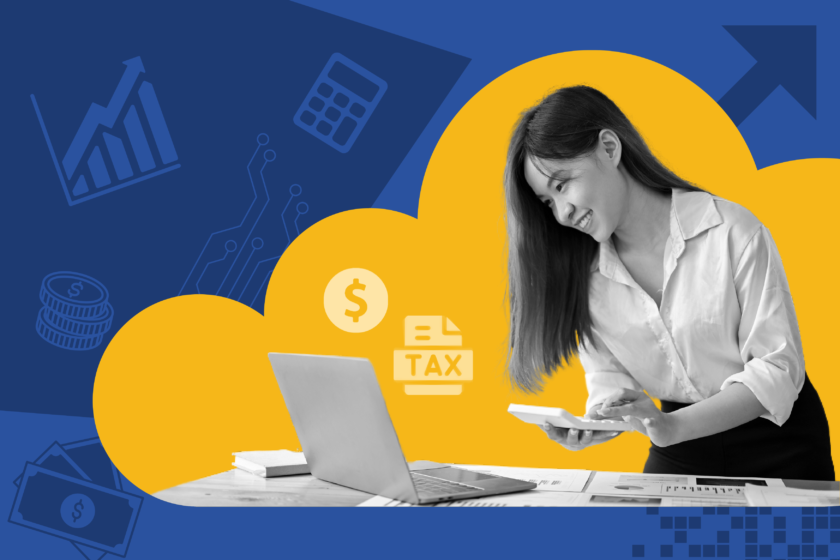Accounting Trends to Look Out for in 2024 and Beyond
The significance of accounting cannot be overstated when it comes to the smooth functioning of an organisation. This is why businesses must stay well-informed about the latest trends and technologies in this field to stay competitive and ahead of the competitors. We are witnessing a remarkable upswing in technological advancements and automated processes. As we embark on a new year, it is crucial to reflect upon these four accounting trends companies should prioritise investing in for 2024 and the near future.
Artificial Intelligence (AI) and Robotic Process Automation
AI and RPA, although different in their methods, share the common objective of task automation. AI algorithms improve efficiency by rapidly processing vast amounts of financial data, thereby reducing the likelihood of errors and enhancing data integrity. Through AI, one can effortlessly access and analyse data in real-time, allowing precise forecasts of future trends and eliminating the need for laborious manual paperwork sorting.
RPA automates monotonous and repetitive tasks traditionally performed manually, such as data entry, reconciliation, and invoice processing. By automating these processes, RPA not only saves time but also minimises errors, leading to an all-around improvement in efficiency. According to a survey by ISACA in 2020, out of more than 400 accounting and finance companies, 53% have already adopted RPA, and this percentage is will witness a significant increase of 72% in the coming years.
Cybersecurity and Data Protection
As our reliance on digitalisation grows, ensuring online data security becomes increasingly vital. It is crucial to have a solid understanding of cybersecurity and stay updated on the ever-changing landscape of threats. As data security is a concern across all industries, businesses must prioritise implementing robust cybersecurity measures to prevent data breaches and cyber threats effectively. To protect sensitive data, companies can adopt a modern and cost-effective approach by embracing online accounting software and leveraging the capabilities of cloud providers.
Blockchain Technology
Acting as a decentralised network, blockchain technology ensures the secure recording and storage of transactions. Each block within the chain contains a compilation of transactions which network participants can easily view and verify. Every network member will receive a notification whenever a new transaction is added, ensuring transparency. Blockchain can reshape accounting by simplifying asset ownership transfers and providing precise financial records. The expenses associated with maintaining and reconciling ledgers can be significantly reduced, paving the way for a more efficient and cost-effective accounting process.
The accounting industry has readily embraced this progress, witnessing many organisations actively adopting blockchain solutions. A report conducted by Deloitte in 2019 revealed that over half of the surveyed organisations are either exploring or implementing blockchain in their business operations.
Sustainability Reporting and ESG
Sustainability reporting and Environmental, Social, and Governance (ESG) practices are rising in the corporate world as more consumers and employees seek to align themselves with companies that actively prioritise ESG practices. According to a recent study by PWC in 2021, a staggering 83% of consumers believe that companies should actively contribute to shaping ESG best practices. Moreover, an impressive 86% of employees express a preference for supporting or working for companies that share their concerns and values. By evaluating their carbon footprint and implementing ESG initiatives, businesses can reduce their adverse environmental effects, such as waste and pollution, and protect natural resources.
Conclusion
For accounting professionals, 2024 looks to be an impactful year ahead! From the extensive utilisation of AI and RPA to the integration of blockchain technology, as well as a heightened focus on cybersecurity and data protection, and lastly, the importance of sustainability reporting and ESG, these accounting trends highlight a commitment to fostering innovation and progress within the accounting industry.
For those seeking to simplify your accounting process and contribute to environmental sustainability, please contact us at +65 6297 3398 or email us at sales@info-tech.com.sg. By utilising our Accounting Software, you can harness the benefits of automation and actively participate in saving the planet.

